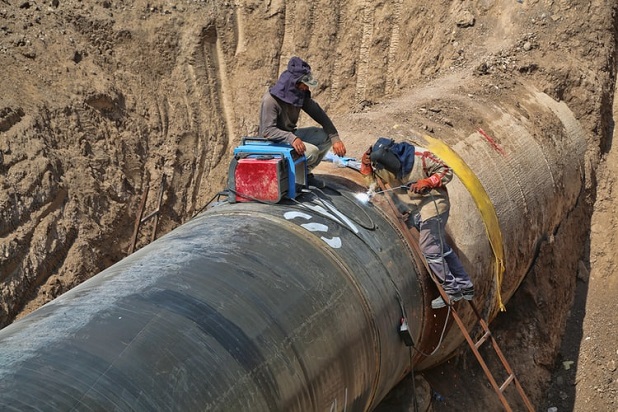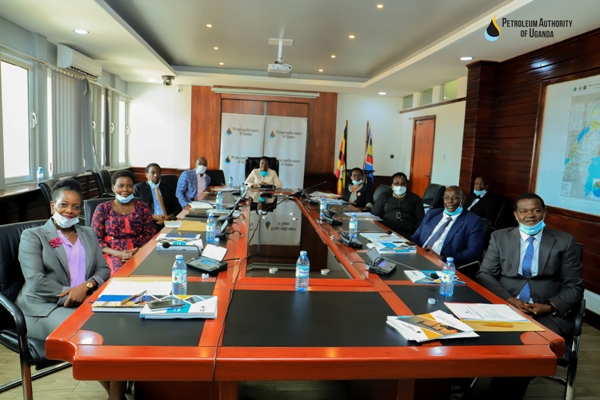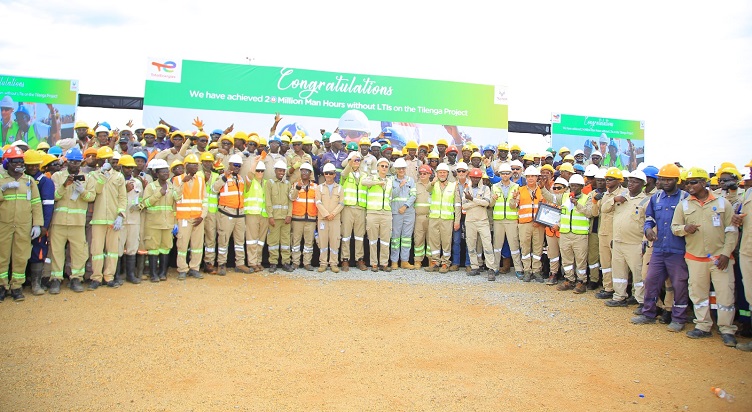The oil pipeline will have 1,443 kilometres
The Bunyoro-Kitara Kingdom has castigated a resolution by the European Union (EU) Parliament to have the construction of the East African Crude Oil Pipeline delayed by at least a year citing environmental and human rights issues.
In a statement dated September26, 2022, the Kingdom says: “It is very absurd and unacceptable for MPs in the European Parliament to pass such resolutions without consulting us yet we are among the primary stakeholders in Uganda’s oil and gas project.”
The Bunyoro-Kitara Kingdom Prime Minister, Andrew Byakutaga Ateenyi, says that the Oil and Gas developments have so far improved the social economic welfare of the people as evidenced in more roads, hospitals and livelihood restoration and improvement programs that have been undertaken by the Government and the oil companies.
On top of infrastructure, Byakutaga notes that the developments have already given employment and business opportunities for “our people in Bunyoro, Ugandans and some expatriates some of whom are from Europe.”
In developing the EACOP, Byakutaga says that Environmental and social impact studies were conducted as well as public hearings where the Kingdom and other stakeholders participated.
Plans to address the environmental and social impacts of the project were developed and they are being implemented, the kingdom says and notes further that while it is true that some Project Affected Persons (PAPS) raised some issues such as on compensation rates and other social issues especially at the start of the oil projects, the issues raised by PAPs were either addressed or are being addressed.
The Kingdom credits the Ugandan government for the investments it has undertaken in the oil projects and urges it to continue moving in a direction of achieving commercial oil production.
“We fully back Uganda’s oil and gas projects including the EACOP project,” Byakutaga says.
Like many other African countries, the Kingdom says “Uganda is a developing country and a sovereign state that has unique development needs and priorities.”
The Kingdom now wants the EU Parliament to withdraw the motion for that
resolution which Byakutaga says is against the UN charter that provides for Ugandan right to self-determination and sovereignty over its resources.
The Pipeline that will transport oil produced from Uganda’s Lake Albert oilfields to Tanzania runs 1,443 kilometres from Kabaale, Hoima district in Uganda to the Chongoleani Peninsula near Tanga Port in Tanzania from where the oil will then be sold onward to world markets.
The project will affect 3,648 persons in Uganda with almost three quarters already having signed contracts, and 56 per cent of them compensated.





